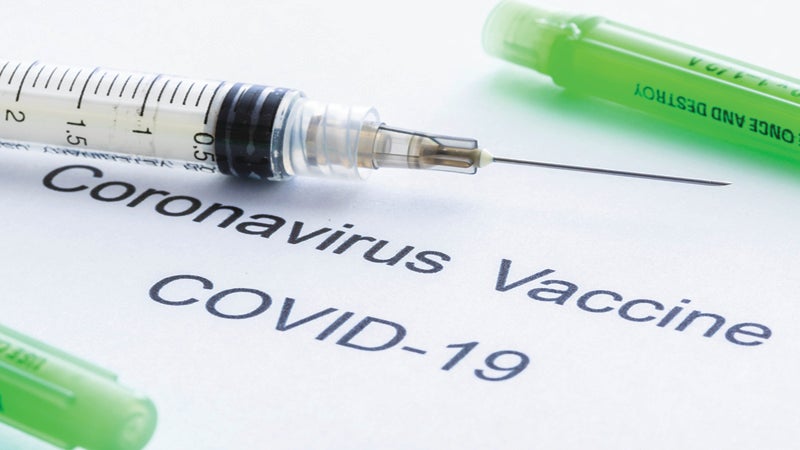McElveen: Do mosquitos prefer certain people?
Published 12:00 am Wednesday, September 9, 2020

- Dr. Linda McElveen
|
Getting your Trinity Audio player ready...
|
With summer in full swing, many of us are flocking outdoors to enjoy the warm weather and some sun. But with some fun in the sun comes the occasional nuisance, like mosquitoes! When you’re sitting outside with your family or friends, do you feel like you get bit by mosquitoes more than others? While you’re swatting at your arms and legs, your friends seem to be scot-free. Are mosquitoes more attracted to you than others? There are a few reasons why mosquitoes might be biting you more frequently.
Genetics
First, it may be all about your genetics! The United States National Institutes of Health (NIH) conducted a study on the landing preference of the Aedes albopictus mosquito and found that these mosquitoes landed on people with type O blood the most. A close runner-up were individuals with type A blood. So, what is it about your blood that they like? Every individual secretes various chemicals through their skin. The chemicals you produce are dependent on your DNA, which also determines what blood type you are. If your body produces more lactic acid for example, you might attract more mosquitoes.
Additionally, a few other bodily factors, like your metabolic rate or the amount of carbon dioxide (CO2) your body releases as it burns energy, might contribute to you being an object of their affection, too. Mosquitoes use emitted CO2 to identify their next meal. The higher your metabolic rate, the more CO2 you produce, which makes you more visible to the unwelcomed bloodsuckers. Some people are prone to having higher metabolic rates than others, including pregnant women, overweight individuals or someone that just worked out.
Heat and Sweat
Mosquitoes also tend to be attracted to warm bodies and sweat, which makes people hanging out outside during the summer prime candidates for bites. Your sweat contains various compounds, including lactic acid, uric acid and ammonia, and these compounds can emit scents that mosquitoes are attracted to. During the summer, your body temperate rises, causing your body to produce more sweat, making you much more attractive to nearby mosquitoes. You might also notice you get bitten on areas like your ankles, wrists or hands. These are all areas of your body that are generally exposed during the summer and collect moisture.
Clothing
Mosquitoes also tend to be attracted to darker colors, such as black, navy or red. Mosquitoes depend on their eyes and scent organs to locate their next food source. Wearing darker colors makes you easier to spot than someone who might be wearing lighter colors.
How to prevent mosquito bites
While we can’t change our genetics, there are some other things we can do to prevent or lessen the amount of mosquito bites we get.
1. Wear a bug repellent whenever you go outside. Various species prefer different times of the day, so it is best to wear repellent during the day or night. The CDC recommends using repellents that contain DEET, picaridin, PMD or IR3535 insecticide, which are all considered safe when used as directed. Depending on the concentration of DEET or other insecticides, you will need to reapply every 3-6 hours. Follow the instructions on the bottle when applying and reapplying. To avoid inhaling the repellent, spray it in your hand first and then rub it onto your body.
2. Try wearing light-colored clothing that covers your legs and arms. Since it is summer and temperatures are high, go for lightweight, breathable options, like athletic wear, that is still tightly woven to protect you from bug bites.
3. Dump out any standing water near your home. Mosquitoes breed on still water, so if you have any buckets filled with water, be sure to empty those.
Dr. Linda McElveen received her B.S. from Rutgers College in New Brunswick, New Jersey and her medical degree from The University of Medicine and Dentistry in Newark, New Jersey. She completed her residency in internal medicine at Ochsner Clinic Foundation, and practiced internal medicine as both a primary care and hospital-based physician from 1998 through 2019. In 2020, Dr. McElveen joined Ochsner’s Concierge Health team to use her expertise to help patients take a proactive, prevention-based approach to maximize their well-being.





